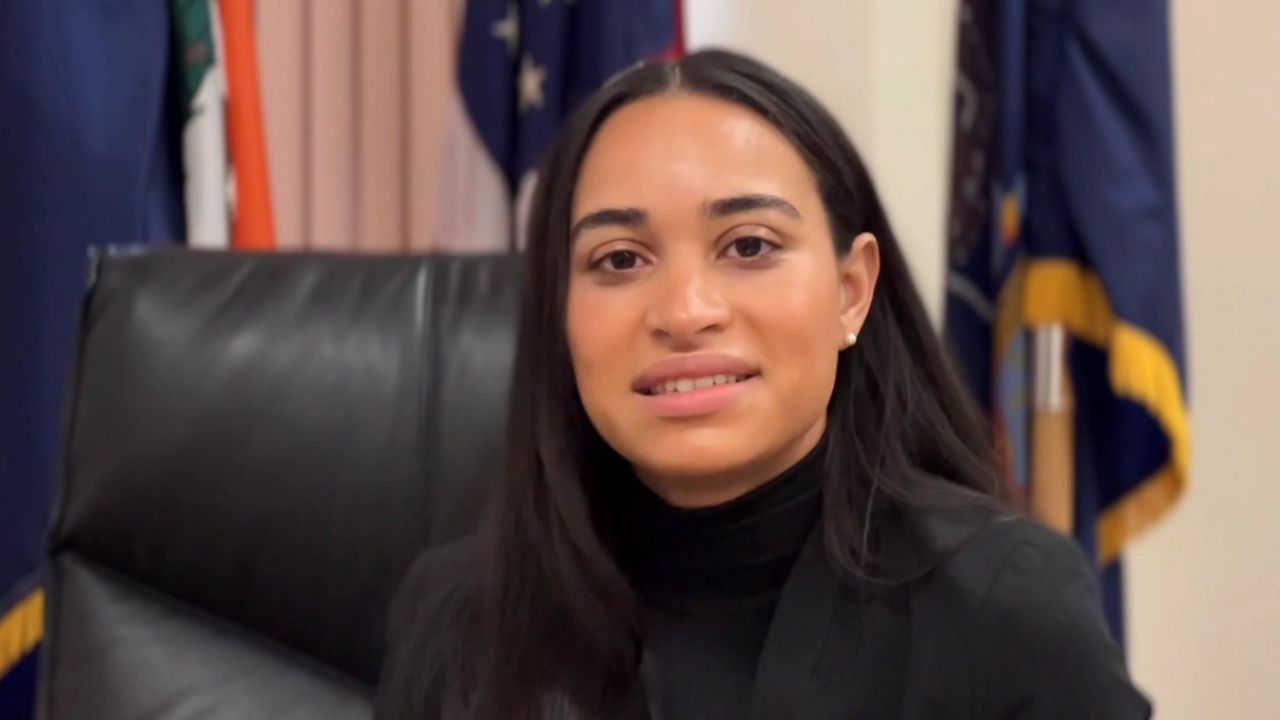–
–
Russian tank participates in military exercises in the Rostov region. PHOTO: Reuters
–
The drums of war are thundering, warned a US diplomat
A senior Kremlin diplomat did not rule out the possibility of Russia deploying military equipment in Cuba and Venezuela, Washington’s backyard, saying it depended on American action. The statement comes after the Russian deputy. Foreign Minister Sergei Ryabkov, who held talks with the West on Ukraine this week, said earlier that he considered the two rounds of talks between Moscow and NATO a failure.
According to the British newspaper “Daily Express”, this shows the extreme tension between the United States and Russia for Kiev. So far, the situation has been compared to the Cold War, but the reference to Cuba has caused panic among US military experts, the publication commented.
In the 1960s, military rivalry and the struggle for supremacy between the West and the USSR intensified to the point that the world was on the verge of nuclear war. The peak came on October 16, 1962, with the outbreak of the Cuban Missile Crisis. It is a consequence of Nikita Khrushchev’s decision to comply with Fidel Castro’s request to deploy Russian nuclear missiles in Cuba. The tension led to a month-long crackdown between the two camps, during which everyone threatened to press the red button (nuclear button). Such rhetoric now arouses fears of a possible recurrence of events, commented the “Daily Express”. On this occasion, the American representative in the Organization for Security and Cooperation in Europe (OSCE) Michael Carpenter said: “The drums of war are heard loudly, and the rhetoric is sharpened even more,” adding that
security
is in Europe
placed on
test
And according to Carpenter, negotiations to find a diplomatic solution to the escalation between Russia and Ukraine are on the verge of failure.
In an interview with NBC, US Secretary of State Anthony Blinken, in turn, said it was still unclear whether the aggressive gathering of Russian troops on the border with Ukraine would not eventually turn into an attack. He added that everything President Putin is doing is the exact opposite of what he says he wants to do.
The gathering of 100,000 troops and equipment along Ukraine’s border has prompted Western powers to seek dialogue with the Kremlin, which began with bilateral US-Russia talks in Geneva on Monday, followed by a NATO-Russia meeting on Wednesday and an OSCE discussion in Vienna. Thursday. After the last round, Ryabkov said he would brief President Vladimir Putin on the very disappointing outcome of the talks. The diplomat commented that he saw no reason for the meetings to be resumed in the coming days. In a TV interview, he said the West was only interested in secondary issues for Russia instead of key issues such as halting NATO enlargement. Ryabkov said he neither confirmed nor ruled out the possibility of Russia sending military equipment to Cuba and Venezuela if talks failed and US pressure on Moscow intensified. The Daily Mail commented that for the first time a high-ranking Russian representative allowed Russian military deployment in the Western Hemisphere.
“Western countries are crucially contributing to the negative development of events in the world, where the situation is not improving, the potential for conflict is accumulating,” said Russian Foreign Minister Sergei Lavrov at a press conference on Russian diplomacy in 2021. their allies that they are trying
to build
military
bridgeheads
around Russia
According to him, NATO is artificially attracting new members to its membership, given how enthusiastically the pact of eventual membership of neutral Finland and Sweden has responded.
NATO will not compromise by expanding the alliance and deploying troops to the east. This was announced by NATO Secretary General Jens Stoltenberg.
“We are now in a critical moment for European security and we need to talk to Russia in order to convey to it the unanimous position of all allies that we will not compromise on the principle. “Each country has the right to choose its own paths and decisions whether it wants to belong to a military alliance such as NATO or not,” Stoltenberg said.
On Friday, it became clear that government sites in Ukraine were hit by a huge hacker attack, warning the authorities in Kiev to be afraid and expect the worst, Reuters reported. A spokesman for Ukraine’s foreign ministry told the agency it was too early to say who might be behind the attack, but noted that Russia had been behind similar strikes in the past. In addition to the foreign ministry, the cyberattack has affected the cabinet and the Security and Defense Council.
EU foreign ministers have threatened Russia with a “firm” response, fearing that a cyber attack on Ukraine could pave the way for Moscow’s military action against its neighbor.
– .


